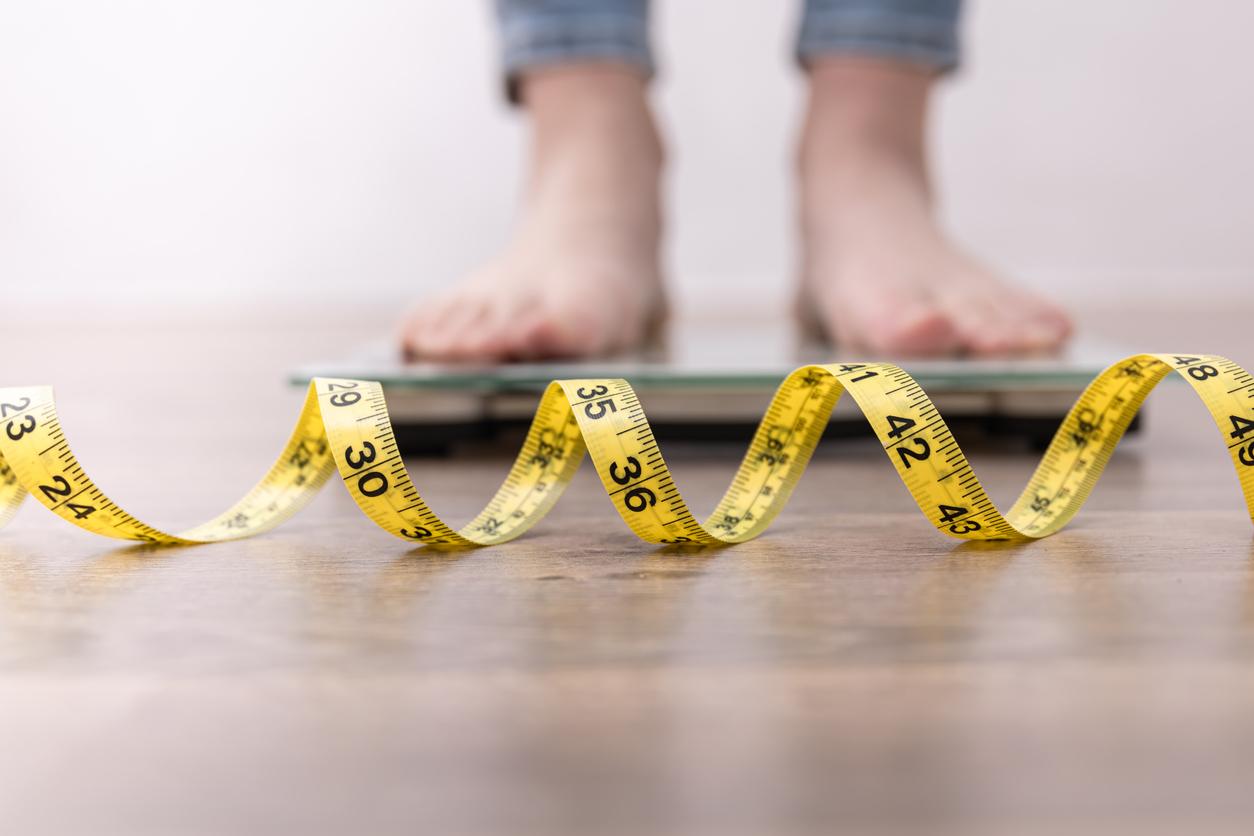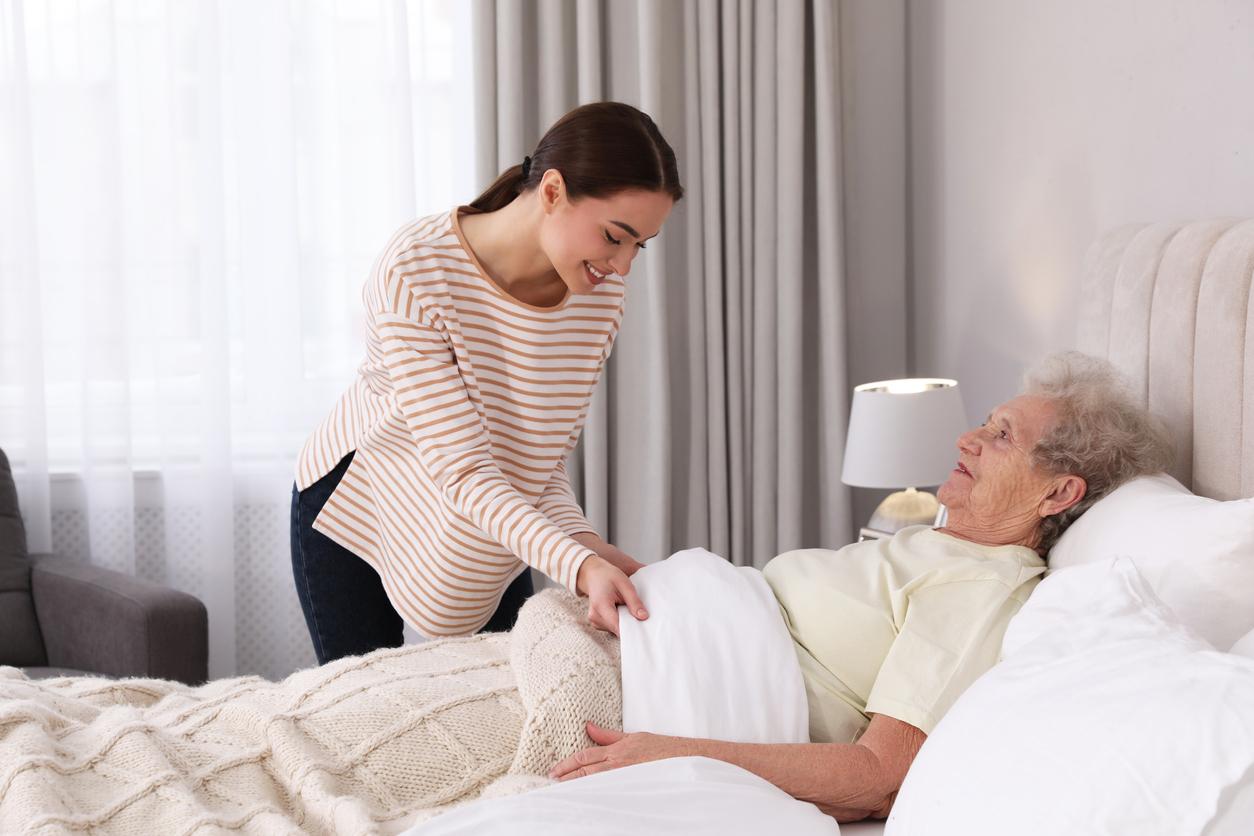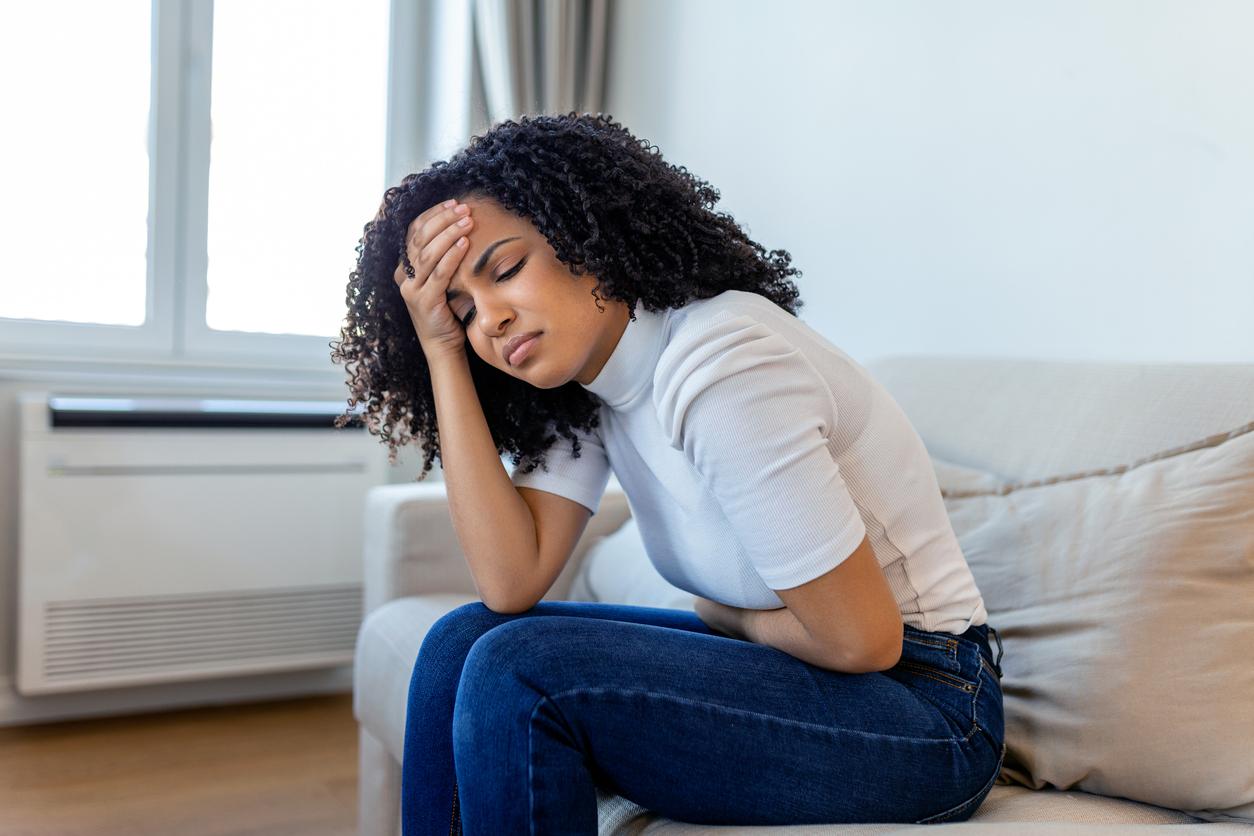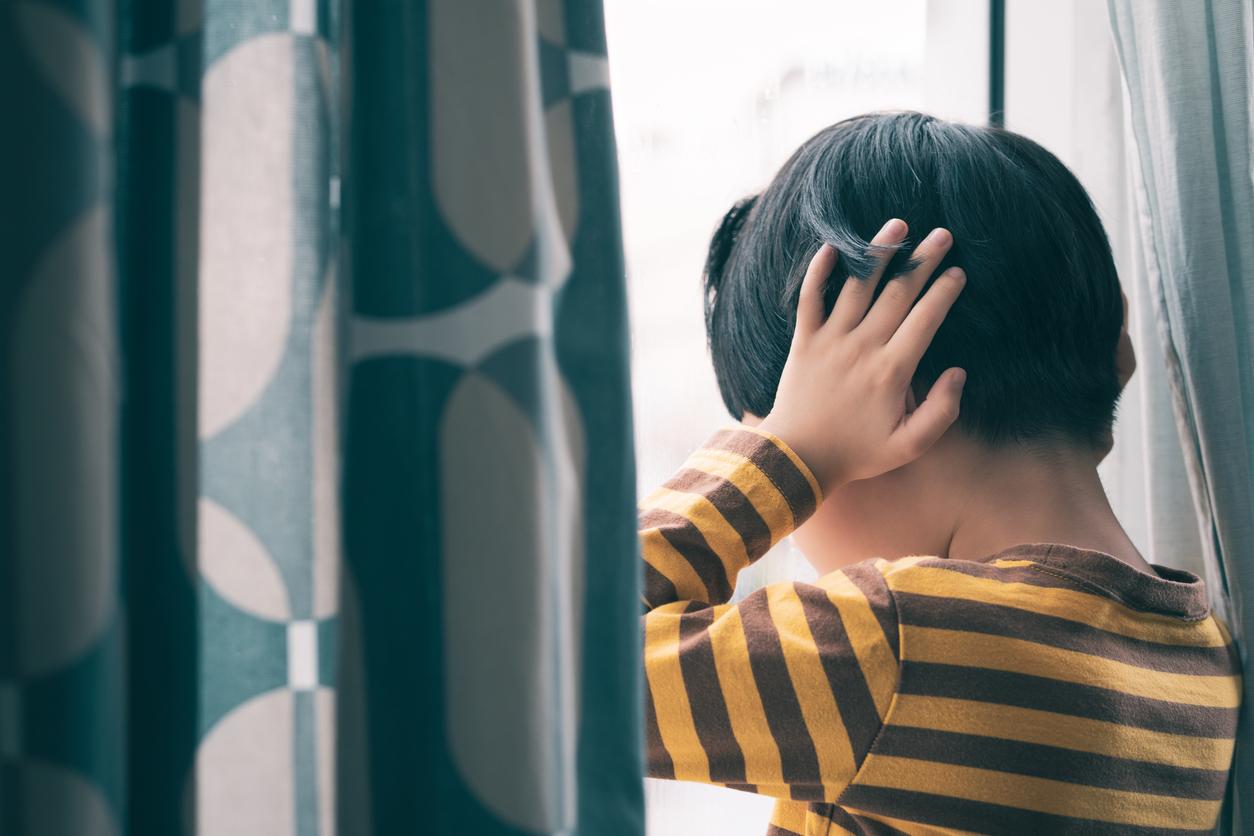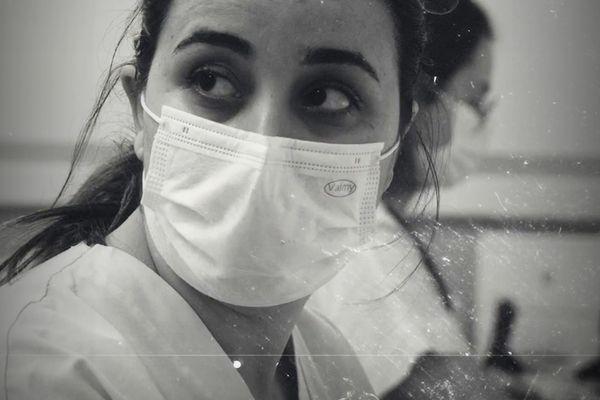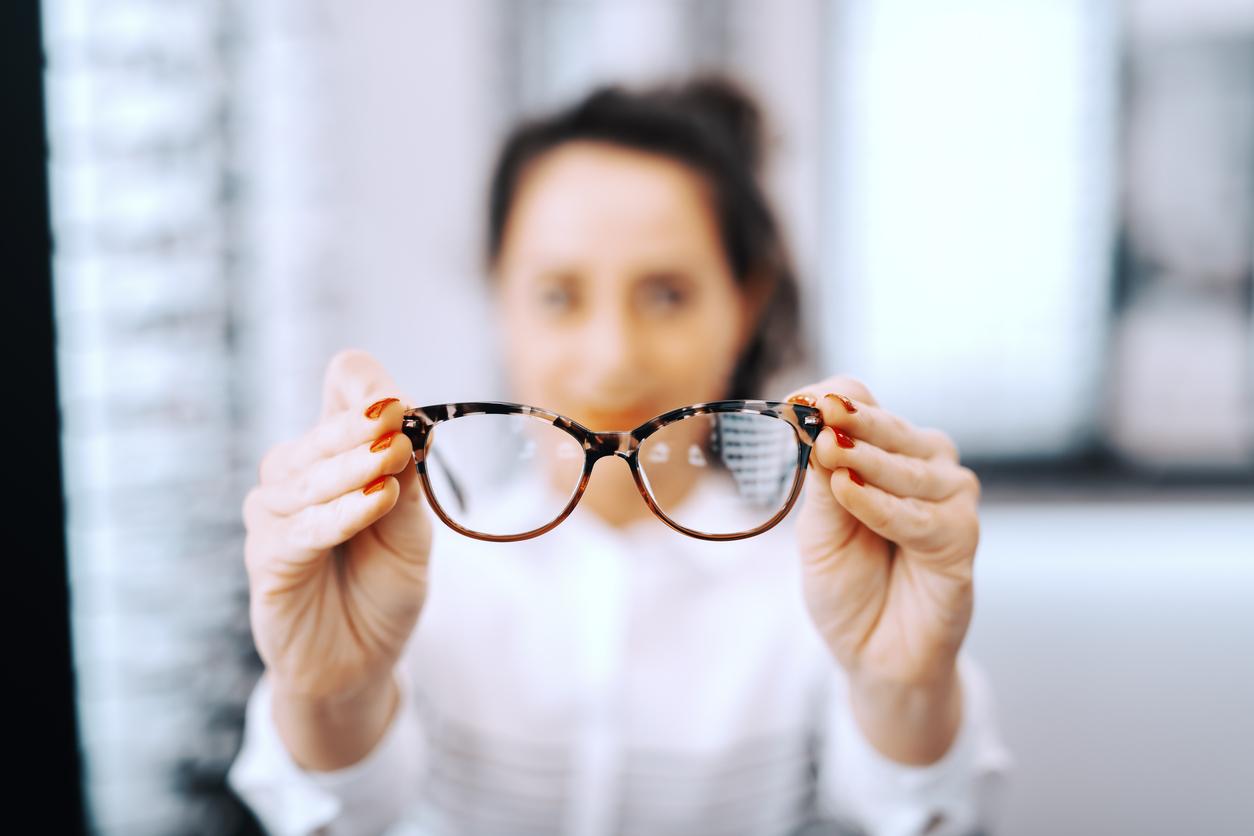The majority of French people are worried about the evolution of the health system. They are 69% to believe that a reform must be undertaken from the next presidential term.

The French have a reputation for complaining. Whether it is true or not, they are in any case not very optimistic about the evolution of their health care system. Half of them consider that their descendants are likely to be less well cared for in the next 10 years. This is the result of an Ipsos poll for the think tank Imagine health (1).
Too long waiting times
Respondents say they are rather satisfied with the time required to obtain an appointment with the general practitioner, as well as the availability and attentiveness of caregivers. This is roughly where their infatuation with the national health care system ends.
Asked about the future, the French admitted many concerns. Almost 9 out of 10 people are worried, for example, about the number of healthcare professionals available in the years to come. Slightly fewer see dark days when it comes to waiting times for an appointment with a specialist (86%) and a thorough medical examination (76%).
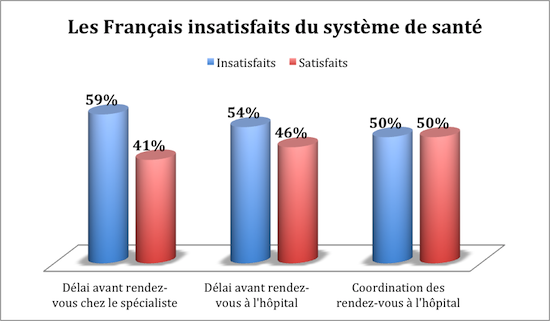
Source : Ipsos survey for Imagine Health
The survey also reveals a structural problem in the organization of care: the city and the hospital still communicate too little, or too badly, for one in two French people. A deficit of exchanges which is all the more damaging as the latter feel that they do not have the necessary tools to find the best specialist or the best health establishment in the event of serious illness.
Less reimbursed
Reform is therefore necessary, and quickly. For 69% of those polled, the site must be started during the next presidential term. But many of them deplore the insufficient place of health in the debates (81%).
But without reform, the sky is likely to darken. Almost all of the population surveyed foresees a deterioration in reimbursements if the situation does not change (93%) and an increase in the remainder of the charge (92%).
As a logical consequence, a two-tier medicine will emerge for 9 out of 10 people. Only those who can afford it will be able to access the best care. The most pessimistic even believe that this set of elements could negatively affect life expectancy. But they are less likely to think so: 48% answered positively to this statement.
No more self-medication
However, the solutions are within reach. The French are thus ready to open the data of their medical file to scientific research, with the aim of helping its progress (73%). But they also want to do their bit and make more use of self-medication (71%) and pharmacists (61%). 7 out of 10 also say they are in favor of discussions by phone or Internet with their doctor.
But not all sacrifices are worth making. Users do not wish to pay more for treatment and refuse to agree to an additional financial effort, even if this means improving the care system.
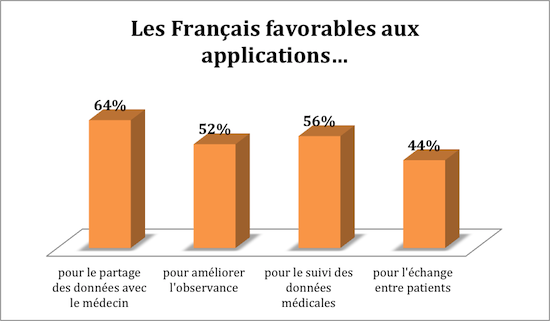
Source : Ipsos survey for Imagine Health
(1) Ipsos survey carried out for the Imaginons la santé think tank, among 2,000 people aged 18 and over, representative of the French population, surveyed via the Internet.
.









